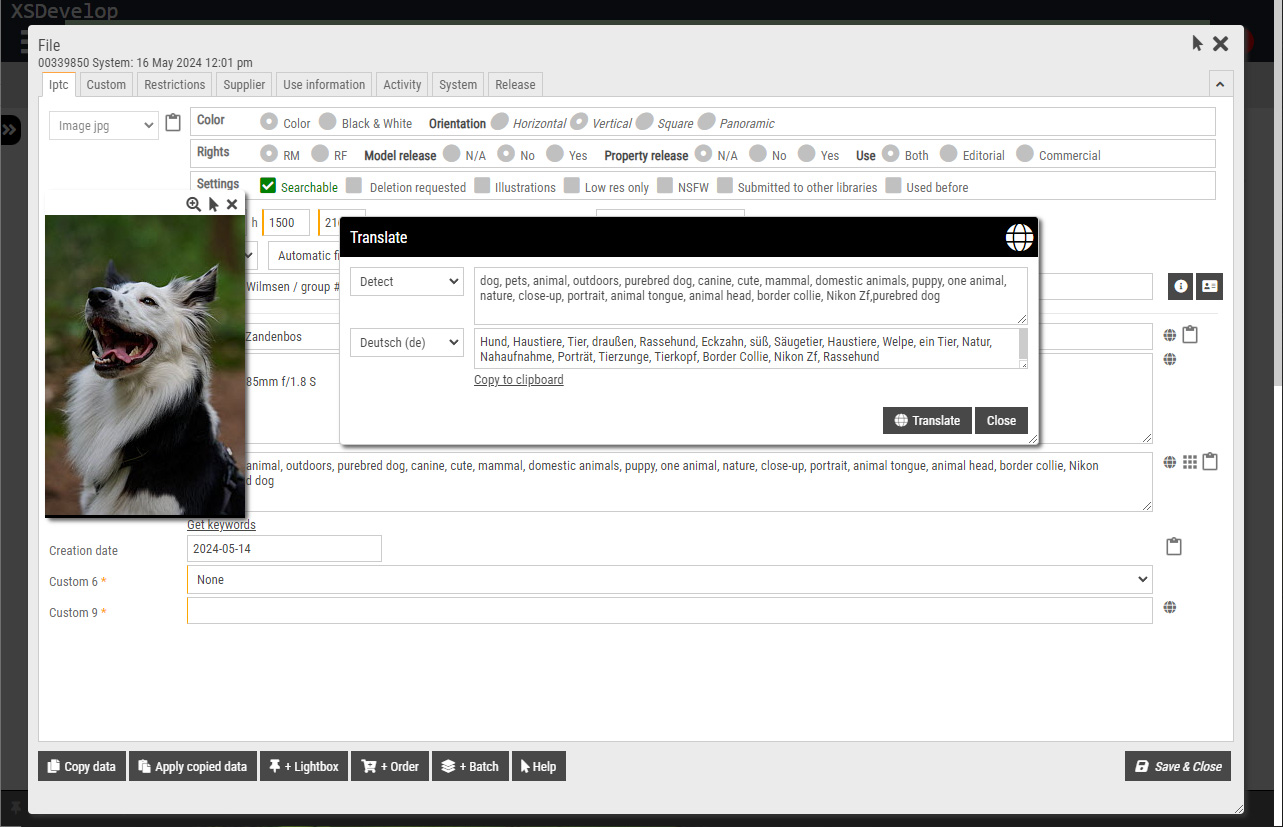The Infradox API broker is a middleware software component that sits between your website and your search engine / content database – and optionally any number of affiliate agency API’s.
Many of your affiliate agencies may be offering API’s that allow you to perform live searches on their database, and letting you display the results on your website. Each API works in its own way and there seems to be no real industry standard still. I.e. each API offers its own set of commands, using different Internet protocols. And different API’s may return data in a different format, for example some use JSON, others use XML and so on. Some API’s offer extensive functions, while other API’s may be very limited in terms of what you can do.
Simply said, the Infradox API broker software translates requests into something that the connected API’s understand, and then it formats the response into something that your website understands. Every Infradox XS website uses its own Infradox API to execute searches, to retrieve metadata and to download files. And every Infradox XS website uses the API broker middleware to connect to its API. If you work with affiliate agents API’s, then your website can send e.g. search requests to all connected API’s at the same time (it is multi threaded). And it will return the combined results to your website as if the search results are coming from a single source. You can mix up the results from the different sources and you can for example display results using a dispersion algorithm. Often websites display an x-number of files from source A, then an x-number of files from source B and so on. You can also prioritise sources.
Live connections with affiliate API’s have advantages. Most importantly, reduced costs, always being up to date without having to exchange files, and not having to deal with local storage. The downside is that your website is depending on the quality, speed and availability of the 3rd party API. Furthermore, what you can do with your website may be limited to what the API offers in terms of functions. For example, you may have defined certain search filters and a sort order for searching. This will work with the Infradox API, but not necessarily with the 3rd party API. You will also be working with their thumbnails and previews, so your design must work with the thumbnail- and preview sizes that they offer. And you may not be able to use your own watermarks on files.
Many users opt for a hybrid solution. They import data only into their own database, so that they can use their own data processing rules and so that they can apply their own search filters et cetera. Only when a user wants to download a file, will the affiliate agency’s API be used. This approach offers the advantage of having more control, more flexibility and better performance – and the costs are still low as no high res files have to be stored. The process of adding new data and updating existing metadata can of course be automated completely.
Recommended reading: Infradox Partner API, Syndication.



